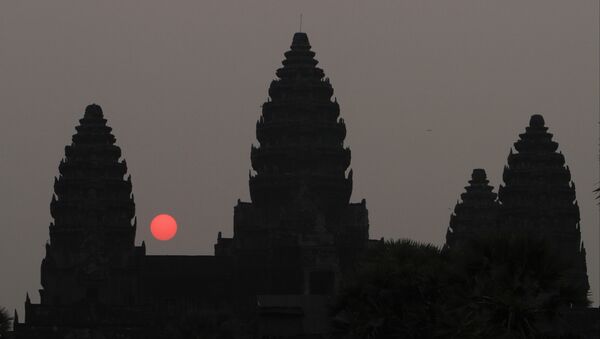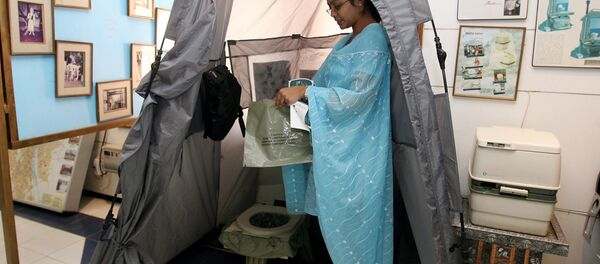"He did not deserve to die," according to Pich Ra, one of the locals, who described Ouy Sok, the healer, as a quiet man who spend the majority of his day taking care of his three cows.
"This was revenge for his sorcery. But I don't think he was a sorcerer," Ra said, the Phnom Penh Post reported.
Police have not revealed whether they have any suspects for the attack.
Several locals admitted that they had been wary of Sok years ago when he started acting in bizarre ways by talking to himself, nailing stakes along roads and announcing that he made other villagers ill through his black magic.
Sok's murder highlights the strong belief in black magic that persists in many parts of Cambodia. However, some, such as Sok's family, believe that his unusual behavior was due to mental illness and alcohol abuse and not dark arts.
"When I saw his face, I would walk away," 23-year-old Ngoath Cheavda, an inhabitant of the neighboring Chamkarmon village, said.
"It's better for him to be dead than alive. Whoever he touched, wherever he touched them, they would get sick," Cheavda added.
Seng Ouch, a 51-year old resident, believes that her husband's death in January was because of Sok's black magic.
Ouch's husband, who suffered from chronic liver and lung diseases, died while he was away on a trip. Even though Sok hadn't interacted at all with her husband, Ouch is convinced that Sok is to blame for her husband's death.
Sok's son, 29-year old Vorn Earb, revealed that rumors about his father being a sorcerer began around 10 years ago, after his mother and father separated and his father began excessively drinking.
Even though had denied accusations that his father is a sorcerer, he helped burn his father's home and headless body after he was killed.
"We burned him because the villagers are scared of him," Earb said.
Some villagers have even confessed that they are now fearful of Sok's ghost haunting them.
"When he was alive, we were scared. Now that's he's dead, we're still scared," 49-year-old resident Tep Torn said.
According to researcher Ryun Patterson, who has written books about sorcery beliefs in Cambodia, it's common for Cambodians to blame individuals, especially healers, for sorcery when unexplained sickness and disaster occur in the community.
"When you start to get ostracized from small, rural communities, it's an old story," Patterson said. "These outsiders are going to get blamed when things go wrong."
Sotheara Chhim, the director of mental health at the Transcultural Psychosocial Organization, also explained that people with mental illnesses can sometimes exhibit behaviors that villagers associate with sorcery, the Phnom Penh Post reported.



